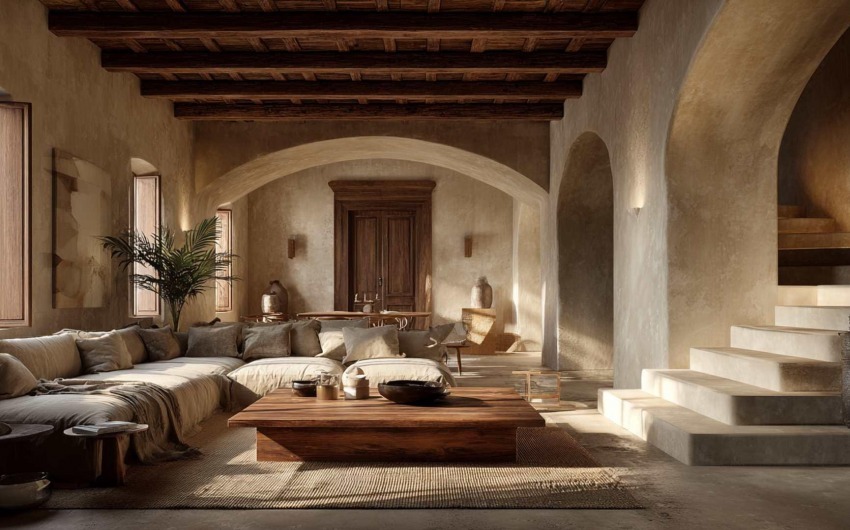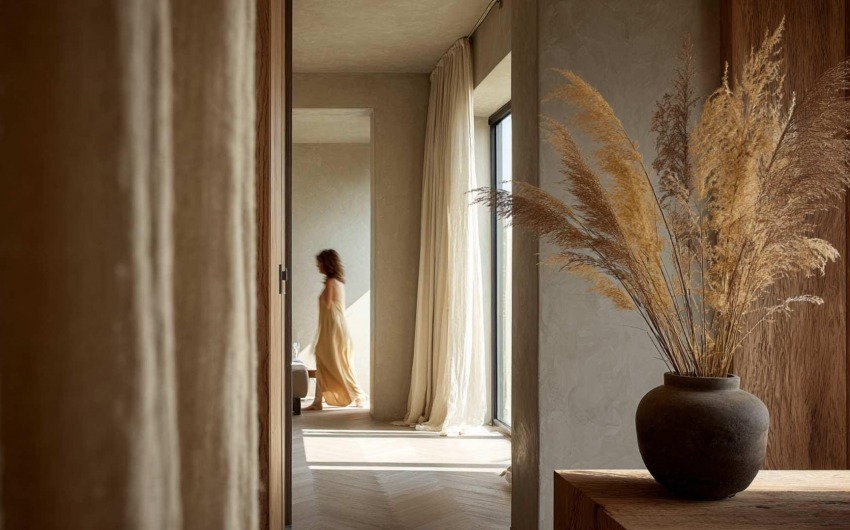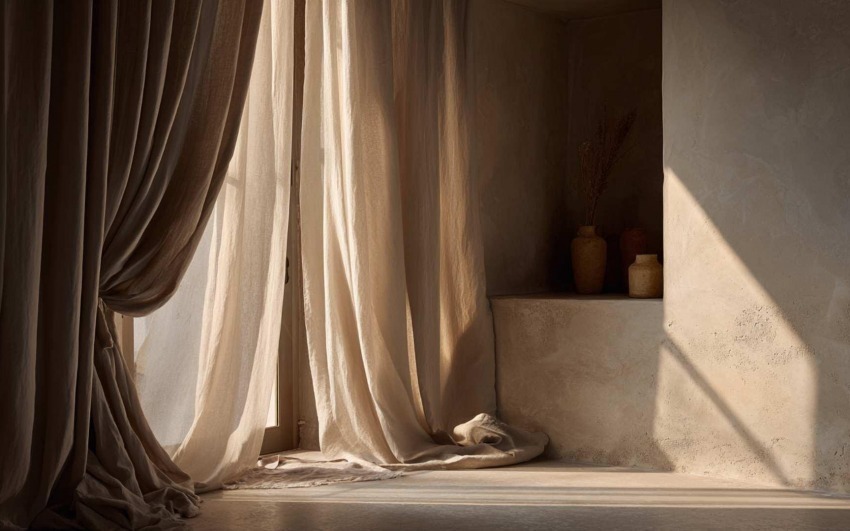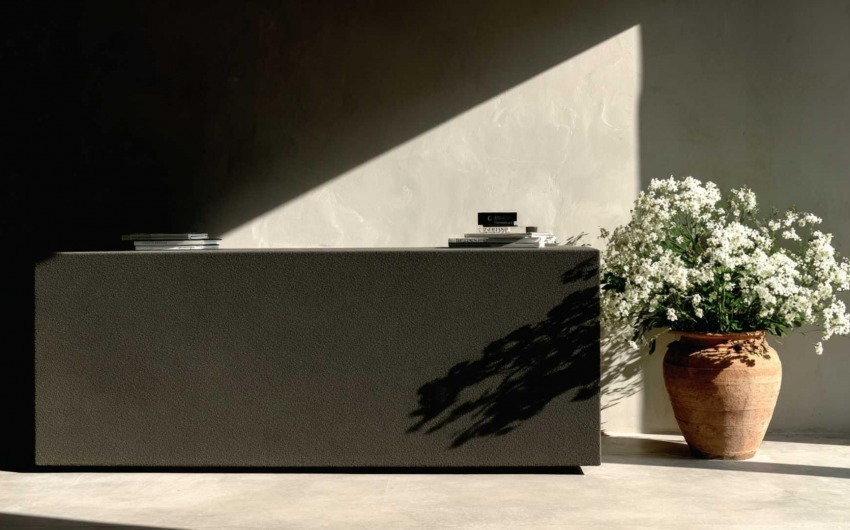9/20/2024
Optimizing Small Spaces
The primary idea of a micro-meditative space is to optimize every inch available. You don’t need much to create a calming spot: a meditation cushion, a small mat, and a folded blanket might be enough. The goal is to have a reserved space for reflection, away from daily chaos.
Minimalist Design: Keeping the decor simple and essential is key. The absence of visual distractions helps with focus and creates an environment that fosters inner quiet.
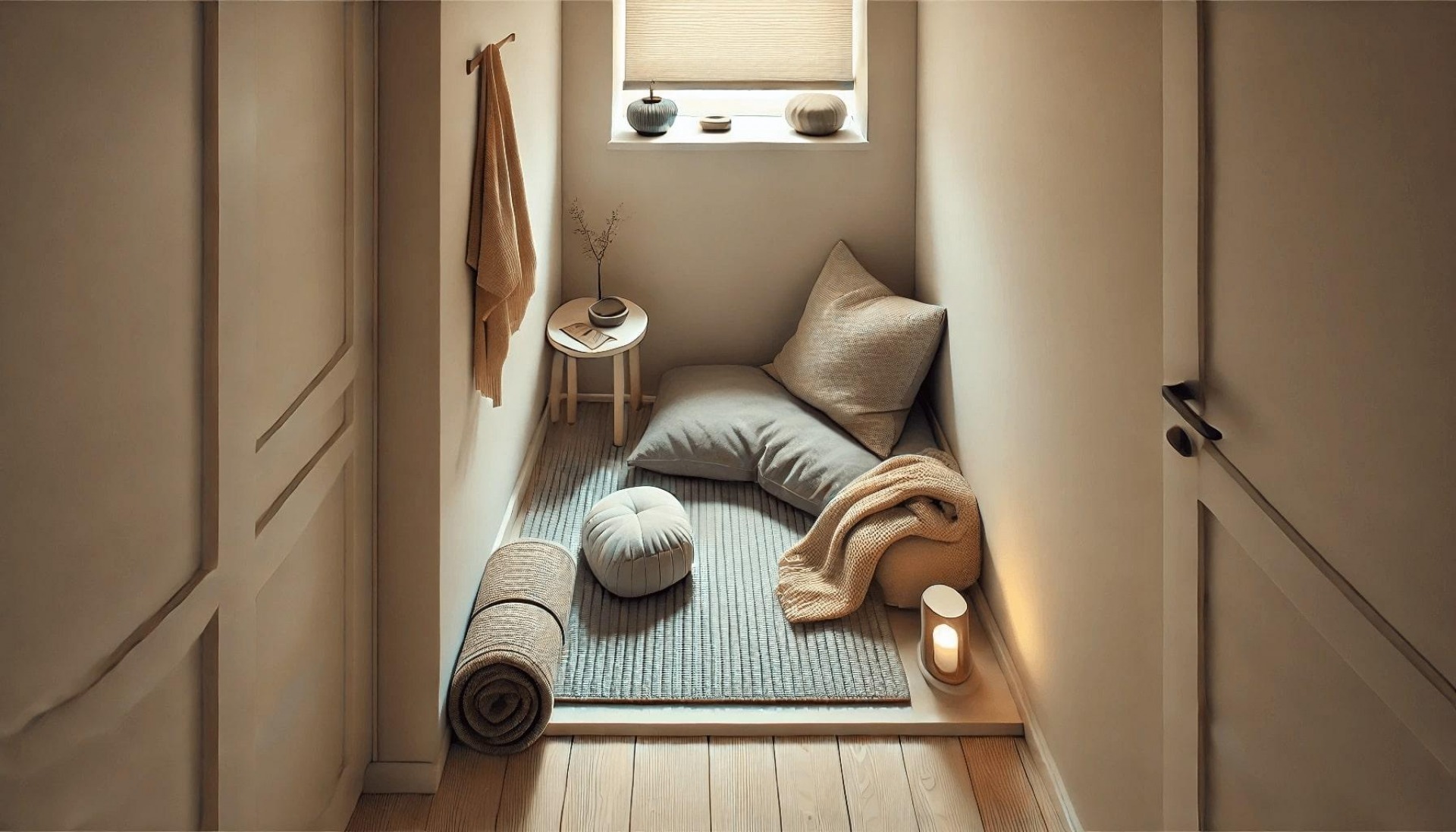
Use of Plants: Plants can improve the atmosphere by purifying the air and adding a natural touch. Even a small plant can create a connection with nature, which is essential for relaxation.
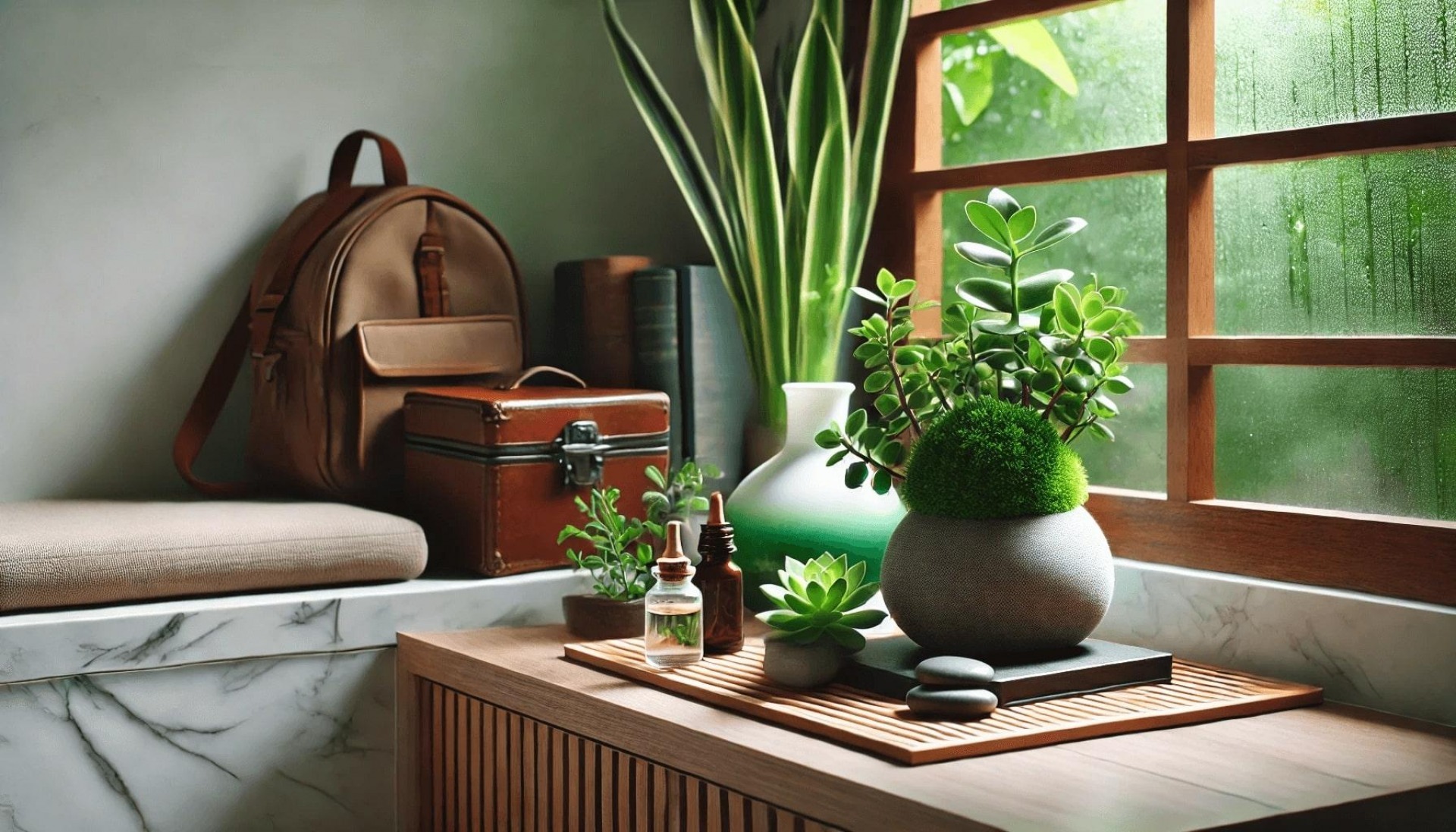
Natural Light: If possible, position the meditation corner near a window to benefit from natural light. Light has a profound impact on mood and can enhance relaxation.
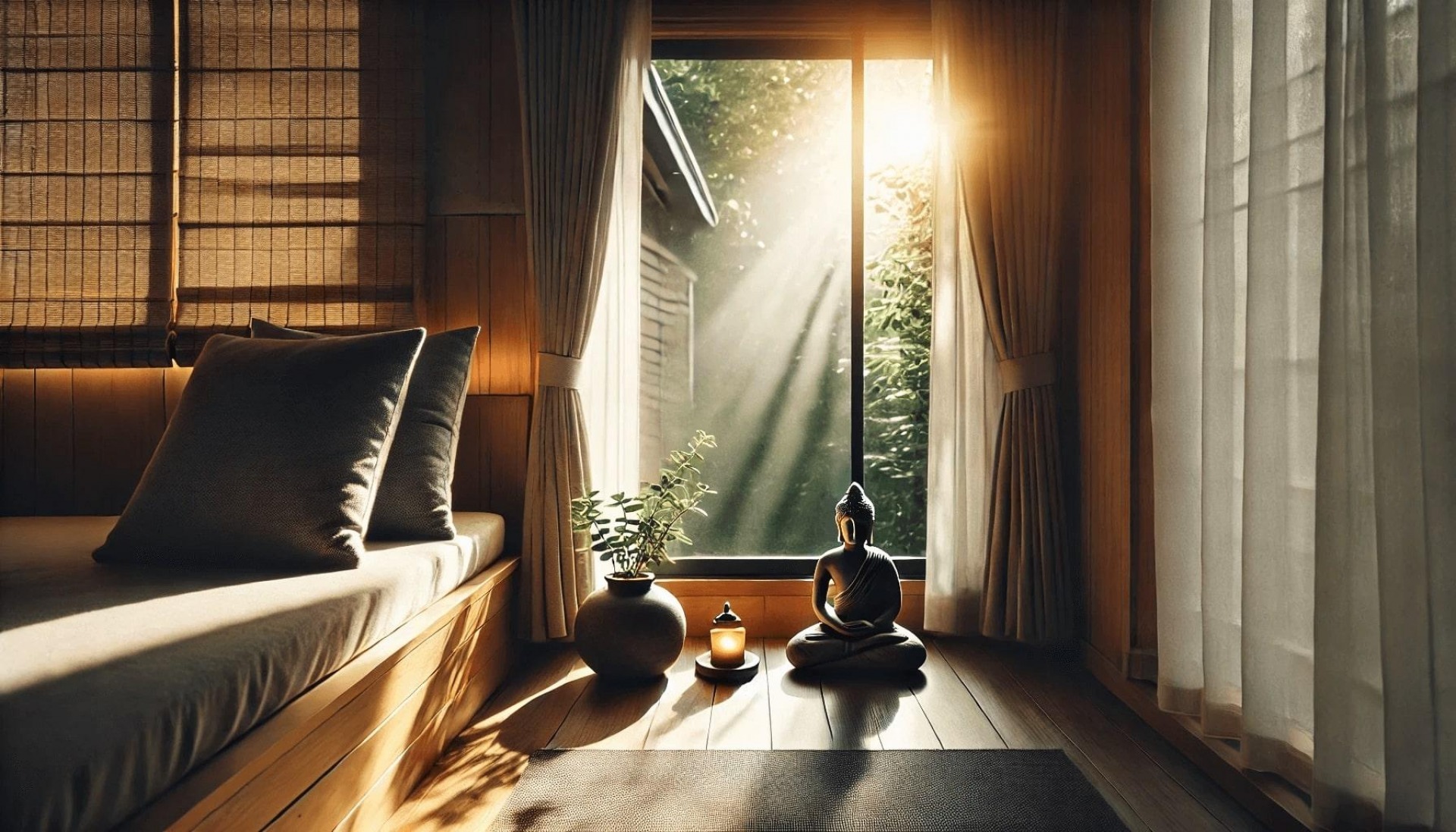
Sensory Elements: Incense, scented candles, or essential oil diffusers can help create a soothing atmosphere. Choose fragrances like lavender or sandalwood for a calming effect.
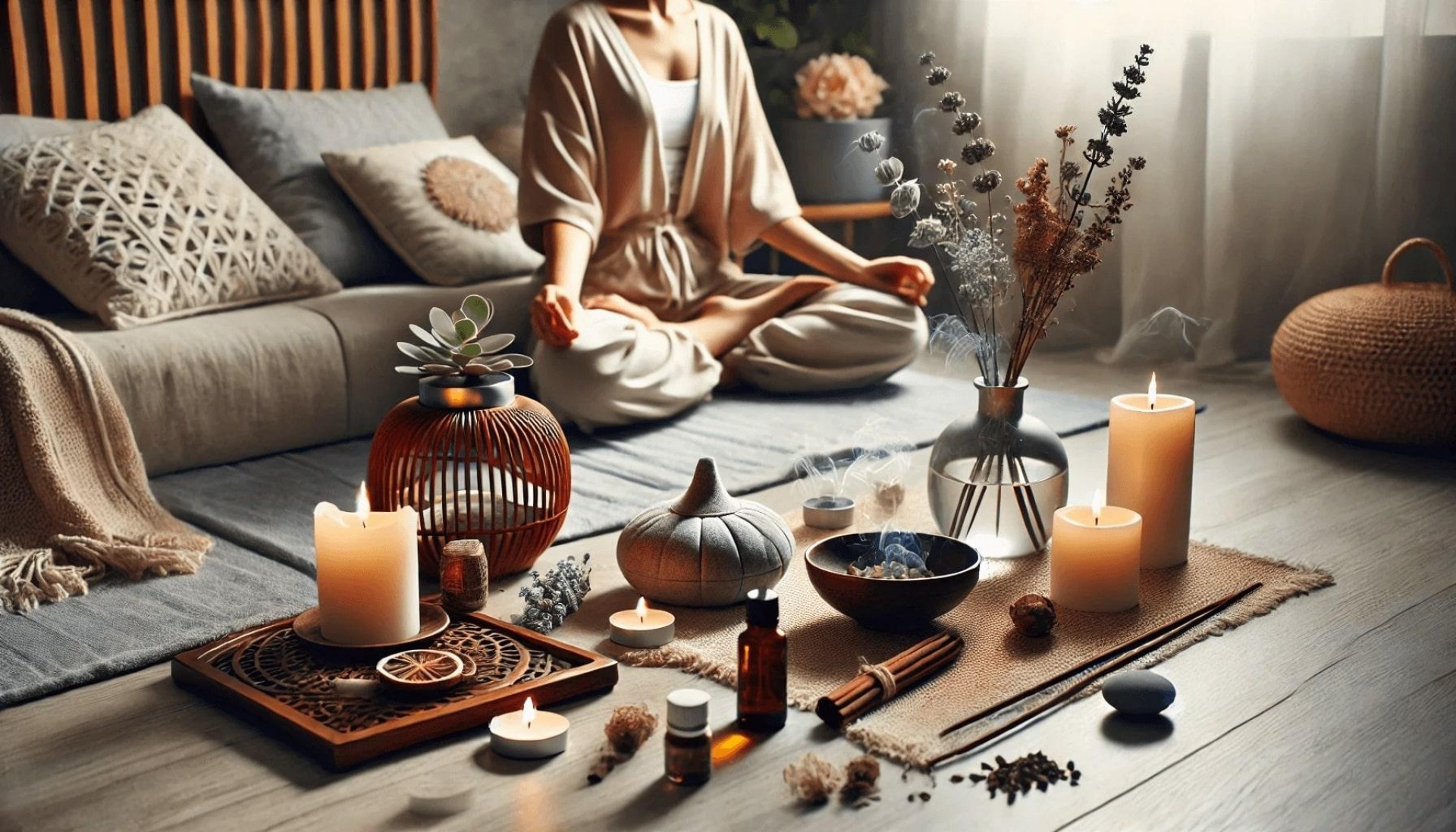
Hidden Spaces: In smaller apartments, a meditation corner can be created in unconventional spots, such as the corner of a room or an unused space near a bookshelf or under stairs. The important thing is that it remains personal and secluded.
_6ea79df826_.jpg)
Micro-meditative spaces show that you don’t need large rooms to find moments of peace. With smart and minimalist design, any apartment, no matter how small, can become a tranquil refuge amidst urban hustle and bustle.
_14077b47db_23.jpg)
Interior Designer since 1985
CEO & Founder, Italian Design in the World
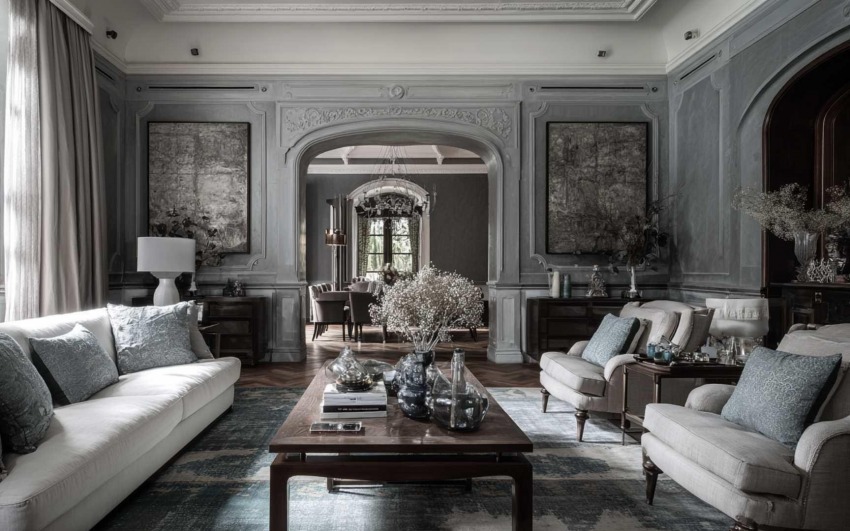
_c49d85500f_642.jpg)
